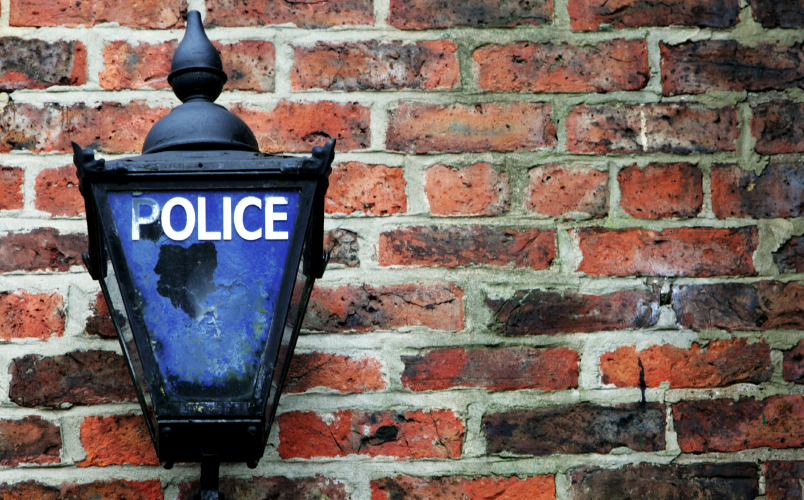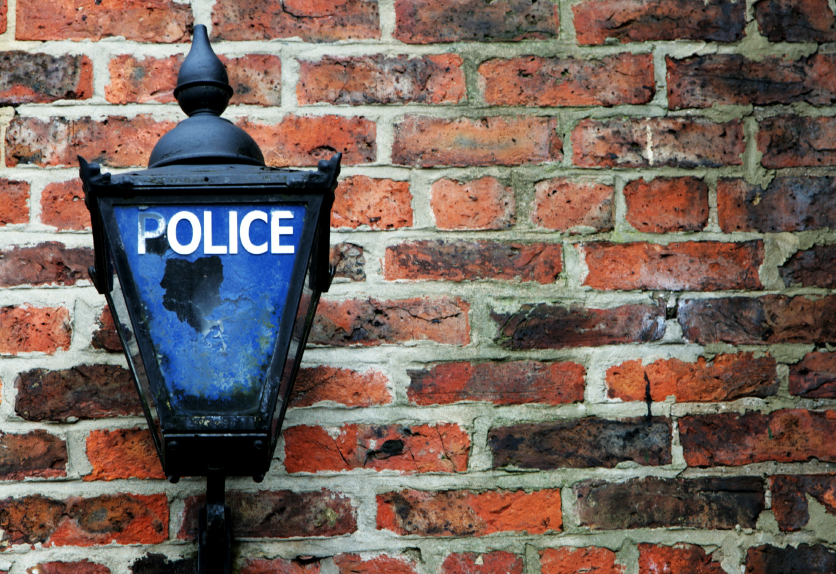[contextly_auto_sidebar]
 The Government’s Policing and Crime Bill last week received its third reading in Parliament. The Bill, which proposes a raft of measures aimed at ‘finishing the job of police reform’, outlines plans to give additional powers to civilian police support officers and volunteers.
The Government’s Policing and Crime Bill last week received its third reading in Parliament. The Bill, which proposes a raft of measures aimed at ‘finishing the job of police reform’, outlines plans to give additional powers to civilian police support officers and volunteers.
The powers include administering fixed penalty notices, conducting stop and search and carrying CS or PAVA sprays.
With considerable cuts to public services in recent years, it appears that the government is intending to fill the gap in police resources with civilian employees and volunteers. These ‘amateur’ police officers are not the same as the special constabulary whose members carry warrant cards and are sworn into the service after receiving training. As such the possibility of them having police-style powers is raising considerable concerns from senior police officers, unions and civil liberties campaigners.
Under the Bill, chief officers would be able to designate civilian employees as community and/or police support officers (PCSOs) and civilian volunteers could be designated as community and/or police support volunteers (PCSV). The scope of the powers and duties given to these individuals would be discretionary, with the decision as to who is able to use them down to the police chief constable. The Bill is silent on how this would work in practice so it is unclear on what basis such decisions will be made.
Though the power to arrest is not conferrable, volunteers would be able to carry weapons, PAVA and CS Spray (considered weapons under the Firearms Act). This is a serious responsibility given the potential harm that can be caused by these substances and suggests that inexperienced civilians are potentially expected to act in violent or dangerous situations. Proposed amendments seeking to prevent volunteers being involved in any role which requires the use of force or restraint and being given CS Gas and PAVA have not been accepted by the government.
Volunteers could also be granted the power to stop and search, a practice that already causes tensions given its disproportionate use on Black and Minority Ethnic (BAME) groups and can result in escalation and use of force. In situations where a person refuses to comply with a search, the volunteer can demand that the individual provide their name. If this information is withheld or is believed to be false, the Bill provides that an offence has taken place (regardless as to whether there were reasonable grounds to stop and search in the first place), allowing the volunteer to detain and use reasonable force to conduct a non-intimate search.
Even more worryingly, there are no provisions within the Bill imposing any kind of minimum amount of training. The reading this week included an amendment confirming that the College of Policing will issue guidance on the appropriate skills a volunteer should have for the role and the training they should receive, but although chief constables will have to take this into consideration, there is no statutory requirement that the guidance should be followed. Although the amendment is welcome, it doesn’t go far enough – there should be a requirement for volunteers to have obtained a certain level of training before taking up the policing role.
The Bill also allows chief officers to tailor their workforce to the needs of the local area in a move which it was hoped would improve community relations. The lack of clarity and transparency on how the conferring of powers would work in practice however, can only lead to further strain in the relationship between police volunteers and members of the general public.
It will be of some relief to civil liberties campaigners that on its third reading, the Bill has been amended to ensure that police volunteers are now also subject to the police complaints procedure. If they are dismissed following disciplinary proceedings, their details will be added to the barred list held by the College of Policing and chief officers will not be able to appoint anyone on that list as a volunteer.
Overall, whilst the creation of a level of accountability for volunteers provides some reassurance, it still appears that there will be considerable powers conferred upon volunteer officers, without the accompanying training that would go some way to safeguarding the rights of the public. As it stands, there is a real danger that the Bill will pave the way for inexperienced officers plugging the gap in community policing left by the cuts to resources and that rather than ‘finishing the job of police reform’ as intended, the Bill will lead to lower standards of community policing, potentially impacting our civil liberties.






